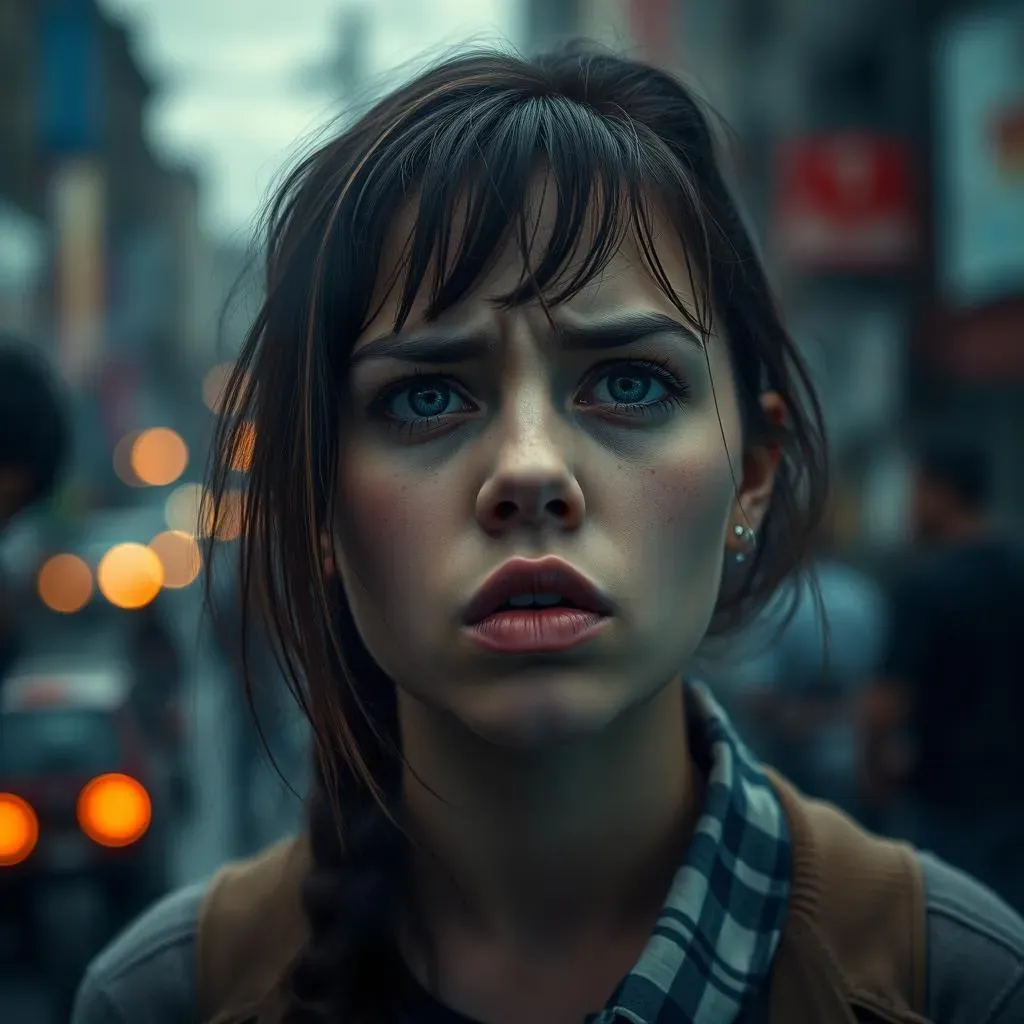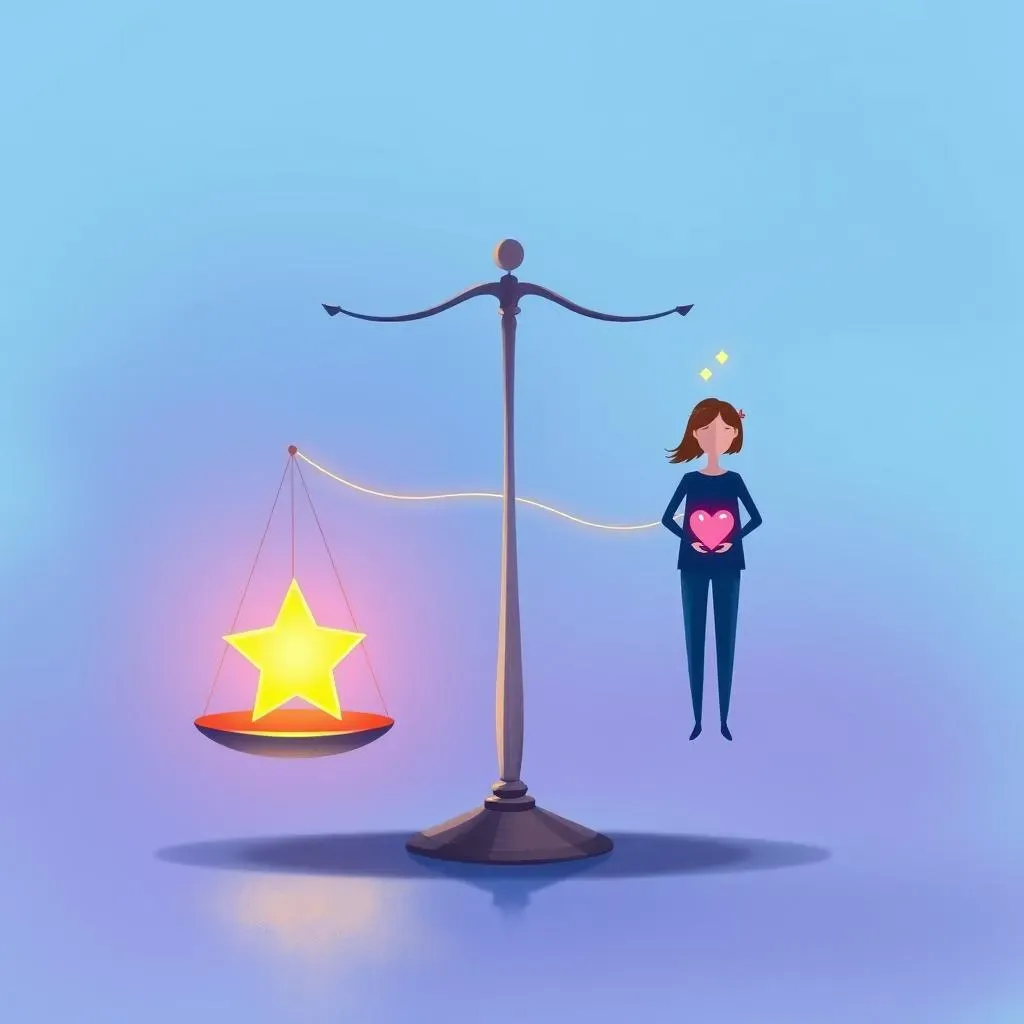Table of Contents
Ever wondered how social media has changed the way we see our favorite celebrities? It's like the rules of the game got tossed out the window. We used to admire stars from afar, maybe buy a magazine or catch them on TV. Now, with platforms like Instagram, TikTok, and Twitter, it feels like we're practically best friends with them. But this new closeness has brought some weird stuff with it. Some fans feel like they're entitled to a piece of the celebrity's life, and it's not always pretty. This article will look into how social media has blurred the lines between celebrities and their fans, focusing on the rise of online celebrity fan communities social media groups. We'll explore how this impacts artists, the changing dynamics of fan-artist relationships, and what we can do to ensure everyone's treated with respect. So, buckle up, it's a wild ride through the world of online fandom!
Social Media's Impact on Celebrity and Fan Relationships

Social Media's Impact on Celebrity and Fan Relationships
The Rise of the "Always On" Connection
Social media has completely flipped the script on how fans and celebrities interact. It's not like the old days where you'd only see stars in movies or magazines. Now, it's like they're right there in your pocket, posting updates on their lives, thoughts, and even what they had for breakfast. This "always-on" connection can make fans feel like they know celebrities personally, fostering a sense of intimacy that never existed before. They see the behind the scenes, the bloopers, the everyday stuff, and it creates an illusion of access.
This constant stream of content has also changed how celebrities present themselves. They're no longer just actors or musicians; they're content creators, carefully curating their online personas for their audience. This can be a good thing, allowing them to connect directly with fans, but it also blurs the line between their public image and their private lives.
The Blurring of Boundaries
The problem is this easy access can lead to some fans feeling like they're entitled to more than just the public persona. They comment on every post, demand responses, and sometimes, even try to insert themselves into the celebrity's personal life. It's like the invisible wall that used to exist between fans and stars has crumbled.
This can turn into a real problem when fans start to feel like they "own" a piece of the celebrity. They may start to believe that because they're dedicated followers, they have some right to dictate how the celebrity behaves, what they say, or who they associate with. It’s like they forget that celebrities are real people with real lives.
Traditional Fan-Celebrity Dynamic | Modern Social Media Dynamic |
|---|---|
Limited Access | Constant Access |
One-way Communication | Two-way (though often skewed) Communication |
Clear Boundaries | Blurred Boundaries |
Idolization from a Distance | Perceived Intimacy |
A Double-Edged Sword
Social media is a double-edged sword. On one hand, it's amazing that fans can connect with their idols, and celebrities can share their art and thoughts with the world. On the other hand, this constant connection can lead to a sense of entitlement and a lack of respect for boundaries. It's like giving everyone a megaphone, and some people just can't help but shout too loudly.
This shift affects not just the celebrities, but also the fans themselves. They can get caught up in the drama, the arguments, and the constant need to be seen and heard. It can turn something that should be fun and enjoyable into a source of stress and negativity. We have to find a way to use these platforms in a way that fosters connection, not conflict.
When Fans Feel Entitled: The Dark Side of Celebrity Social Media Groups

When Fans Feel Entitled: The Dark Side of Celebrity Social Media Groups
Okay, so we've talked about how social media has made it seem like we're all buddies with celebrities. Now, let's get into the messy part. Sometimes, that perceived closeness morphs into something really toxic, and that's when fans start acting like they're entitled to things they absolutely are not. It's like they've forgotten that the person on the other side of the screen is a human being, not a character in a show they can control. This sense of entitlement can manifest in different ways, from demanding personal responses to launching full-blown online attacks if a celebrity doesn't behave the way the fan thinks they should. It's honestly baffling how quickly some people can flip from being supportive to downright nasty, all because they feel like they own a piece of the celebrity's life.
You see it all the time, fans getting angry because a celebrity doesn't like their comment, or they don't follow them back. It's like they think their opinion is the only one that matters. And when things don't go their way, they unleash their fury on the celebrity and anyone who dares to disagree. This kind of behavior is not just harmless online chatter; it's a form of harassment that can take a serious toll on a person's mental health. It's like the internet has given some people a free pass to be as awful as possible, and it's got to stop.
Think about it. If you were constantly bombarded with demands and criticism from strangers, how would that make you feel? It's exhausting, and it can really mess with your head.
Entitled Fan Behavior | Impact on Celebrities |
|---|---|
Demanding personal responses | Increased stress and anxiety |
Criticizing personal choices | Erosion of privacy |
Launching online attacks | Mental health issues |
Feeling ownership over celebrity's life | Fear of public interaction |
The Changing Dynamics of FanArtist Relationships in the Digital Age

The Changing Dynamics of FanArtist Relationships in the Digital Age
The Shift from Idol to Content Creator
Okay, so think about it. Before, artists were these untouchable figures, almost like gods on a pedestal. We knew them from their work – their music, their movies, their art. Social media has changed all that. Now, artists aren't just creating art; they're creating content. They're sharing snippets of their lives, posting selfies, and engaging in online banter. It's like they've become brands in themselves, and they're constantly working to maintain that brand.
This shift has blurred the lines between the art and the artist. It's not just about the music anymore; it's about the person behind the music. Fans feel like they're buying into the whole package – the talent, the personality, and the lifestyle. This can be awesome, because it creates a more personal connection, but it also adds a lot of pressure on artists to be "on" all the time.
Erosion of the Artist's Persona
The constant access and the need to be "authentic" online has also eroded the mystique that once surrounded artists. They're no longer these enigmatic figures; they're just people, flaws and all. This can be a good thing, because it makes them seem more relatable. But it also makes them more vulnerable to criticism, scrutiny, and the feeling of being constantly judged.
The line between "fan" and "anti-fan" has become so blurred. Sometimes it's hard to tell if someone is genuinely supportive or if they're just waiting for the chance to tear the artist down. This makes it really difficult for artists to know who they can trust, and it can lead to them withdrawing from the public eye. It's like they're constantly walking on eggshells, afraid of saying or doing the wrong thing.
Old Fan-Artist Dynamic | New Fan-Artist Dynamic |
|---|---|
Artist as Idol | Artist as Content Creator |
Mystique and Distance | Relatability and Access |
Focus on the Art | Focus on the Person |
Clear Fan/Artist Roles | Blurred Fan/Artist Roles |
The Pandemic's Impact on Online Interactions
And then, boom, the pandemic hit. Everything went online, and this shift in fan-artist relationships went into hyperdrive. Concerts, meet-and-greets, everything moved to the digital space. This meant that artists were even more dependent on social media for connection, and fans had even more access to their favorite celebrities.
It was like the floodgates opened. The virtual world became the only world for a while, and people's online behavior became even more intense. This made the blurred lines even more hazy, and the sense of entitlement among some fans became even more pronounced. It's like the pandemic amplified everything, both good and bad, about the new digital age of fandom.
Finding a Balance: Respecting Boundaries in Celebrity Fan Communities Social Media

Finding a Balance: Respecting Boundaries in Celebrity Fan Communities Social Media
Okay, so we've painted a pretty wild picture of the online world, right? It’s like a playground where some kids have forgotten the rules. But it doesn't have to be this chaotic. We can find a way to make celebrity fan communities social media a positive space, where fans can connect with their idols without crossing boundaries. It's all about respect, really. Think about it like this, you wouldn't walk into someone's house and start rearranging their furniture, right? Well, the same principle applies online. Celebrities have a right to their privacy, their own thoughts, and their own lives, and it's up to us, the fans, to honor that. It's like, we can admire them, enjoy their work, and be part of their online community, but we need to do it with kindness and consideration.
It's not about putting artists on a pedestal or treating them like they're untouchable, it’s about acknowledging that they're people, just like us. They have their good days and bad days, their own struggles, and their own lives to live. We need to respect that. It’s like, when we look up to someone, we can be inspired by them, but we can't try to control them. The key is to appreciate their art, their talent, and the way they make us feel, without feeling like we have a right to be a part of their personal lives.
Respectful Fan Behavior | Unrespectful Fan Behavior |
|---|---|
Engaging with their work | Demanding personal responses |
Offering positive feedback | Criticizing personal choices |
Respecting their privacy | Launching online attacks |
Supporting their art | Feeling ownership over their life |
So, how do we actually do this? It starts with being mindful of what we say and do online. Before you hit "send" on that comment, take a second to think about how it might make the person on the other end feel. Would you say it to their face? If not, then maybe you shouldn't say it online. It's about choosing kindness over negativity, and it's about remembering that there's a real person behind that screen. It's also about recognizing that artists are not obligated to interact with every single fan. They have their own lives to live, their own work to do, and their own mental health to protect. It’s okay to admire from afar, and it’s also okay to let them have their space.
And let's be real, this isn't just about celebrities. It's about how we treat everyone online. The internet can be a pretty harsh place, and we all have a role to play in making it more positive. It's like, if we can learn to respect the boundaries of celebrities, we can learn to respect the boundaries of everyone else. And that's a lesson that goes way beyond the world of fandom. It’s about creating a culture of empathy and understanding, one click at a time.